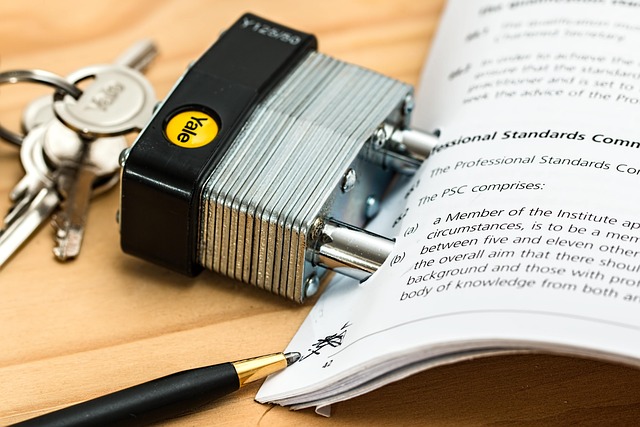In Oregon, landlords are responsible for maintaining a safe, habitable environment by addressing mold promptly. They must manage moisture, fix leaks immediately, and conduct regular inspections. Tenants have rights regarding mold, including being informed, participating in remediation, and keeping records of communication. Understanding these responsibilities ensures a healthy living space for both landlords and tenants.
In Oregon, tenants have rights when it comes to dealing with mold in rental properties. Understanding these rights and the state’s standards for mold management is crucial for both tenants and landlords. This article delves into Oregon’s rental mold laws, focusing on tenant protections and landlord responsibilities. We explore how to prevent and address mold issues, ensuring a safe living environment, while highlighting key aspects of each party’s obligations regarding this critical health concern.
- Understanding Oregon's Mold Standards for Rentals
- Tenant Rights: What You Need to Know About Mold
- Landlord Responsibilities: Preventing and Addressing Mold Issues
Understanding Oregon's Mold Standards for Rentals

In Oregon, landlords have a responsibility to maintain safe and habitable rental properties, including addressing mold issues promptly. The state’s health department sets guidelines for mold prevention and control in buildings, focusing on preventing moisture problems that can lead to mold growth. Landlords must ensure proper ventilation, especially in kitchens and bathrooms, and address any water leaks immediately to avoid mold-prone environments. Regular inspection of rental units is crucial; identifying and remediating mold promptly helps protect both tenants’ health and the property’s value.
Tenants should be aware of their rights regarding mold. If a tenant discovers mold in their unit, they can inform the landlord, who is then obligated to assess and mitigate the situation. The Oregon Rental Housing Act provides additional protections, ensuring that landlords cannot use a mold issue as a reason to terminate a tenancy without proper notice and documentation. Tenants should document any health issues related to mold exposure and keep records of communication with the landlord regarding the problem.
Tenant Rights: What You Need to Know About Mold

Tenants in Oregon have specific rights and protections when it comes to mold in their rental properties. According to state laws, landlords are responsible for maintaining a safe living environment free from hazardous conditions, including mold growth. If mold is present in a unit, the landlord must promptly take action to address and mitigate the issue. This involves conducting inspections, repairing any water leaks that caused the mold, and ensuring proper ventilation to prevent further growth.
Tenants have the right to be informed about potential mold issues and to take part in the remediation process. They should be provided with clear communication regarding the extent of the problem and the steps being taken to resolve it. If a tenant suspects mold or experiences health issues related to potential exposure, they can request an inspection and discuss appropriate measures with their landlord. Knowledge is power; understanding one’s rights and responsibilities regarding mold can help ensure a healthy living space for both tenants and landlords alike.
Landlord Responsibilities: Preventing and Addressing Mold Issues

In Oregon, landlords have a legal responsibility to maintain a safe and habitable living environment for their tenants. When it comes to mold, this includes proactive measures to prevent its growth as well as swift action to address any existing issues. Landlords must ensure proper ventilation, especially in areas prone to moisture buildup like bathrooms and kitchens, and regularly inspect the property for signs of mold or water damage. Regular maintenance and prompt repairs are crucial to stopping mold from becoming a problem.
Upon discovering mold, landlords should immediately notify tenants and take action to remediate it. This involves hiring qualified professionals to assess and remove the mold safely. Landlords must provide written documentation of the remediation process to tenants, including the scope of work, materials used, and completion date. Transparency in this process is essential for maintaining a positive relationship with tenants and ensuring their health and safety.
